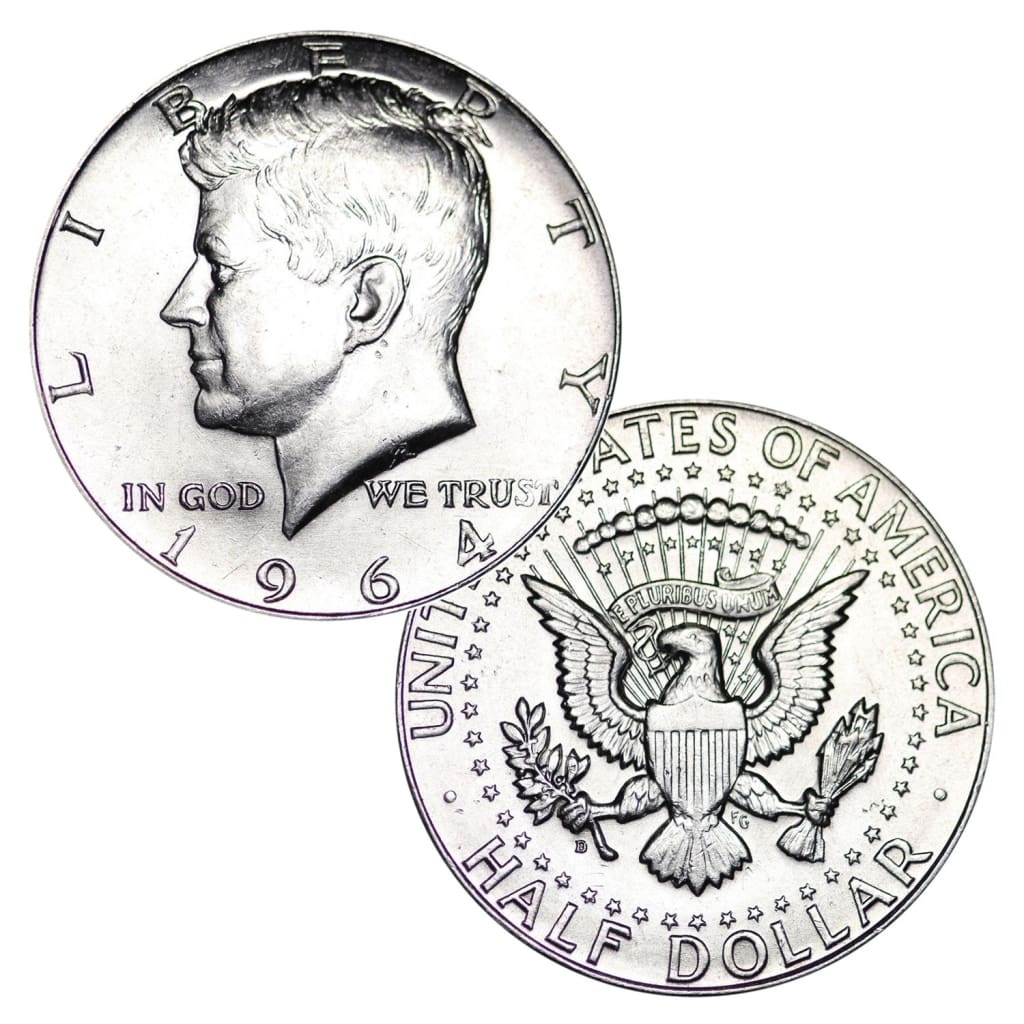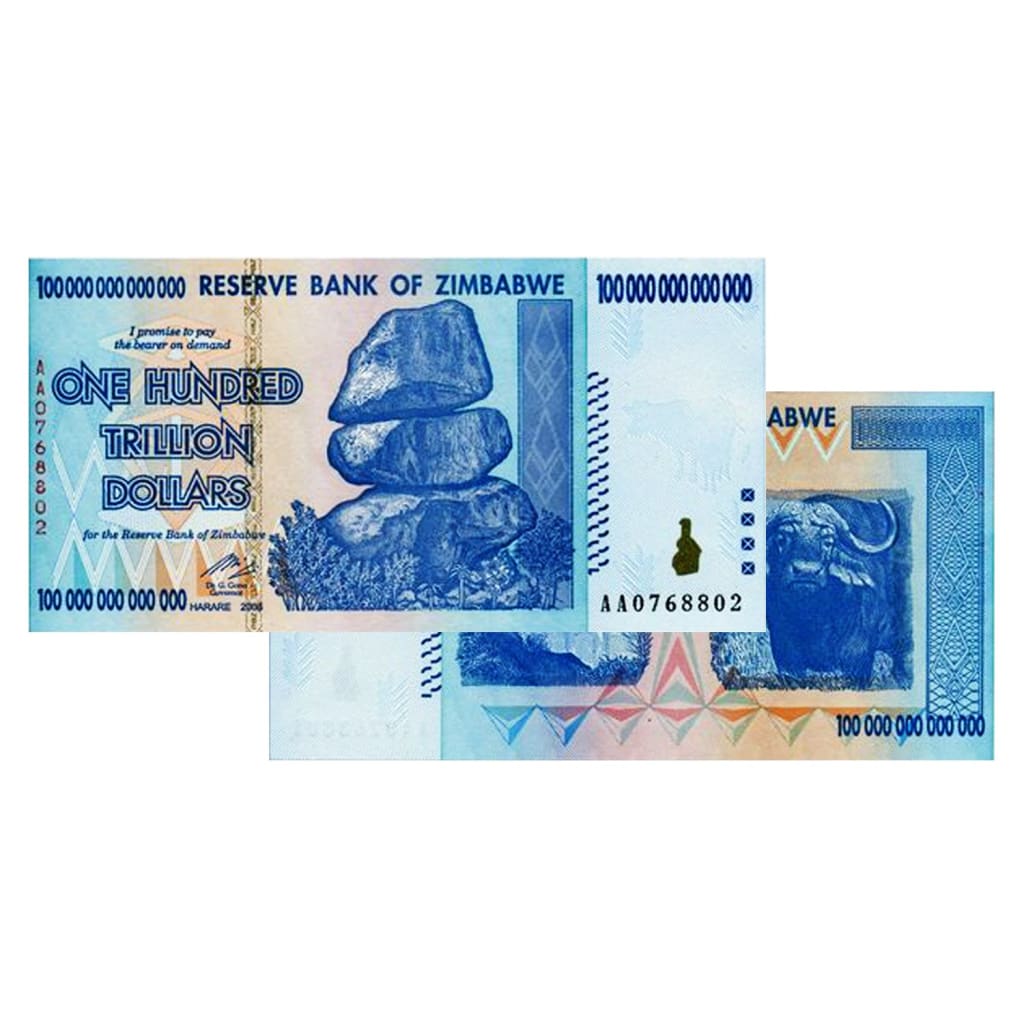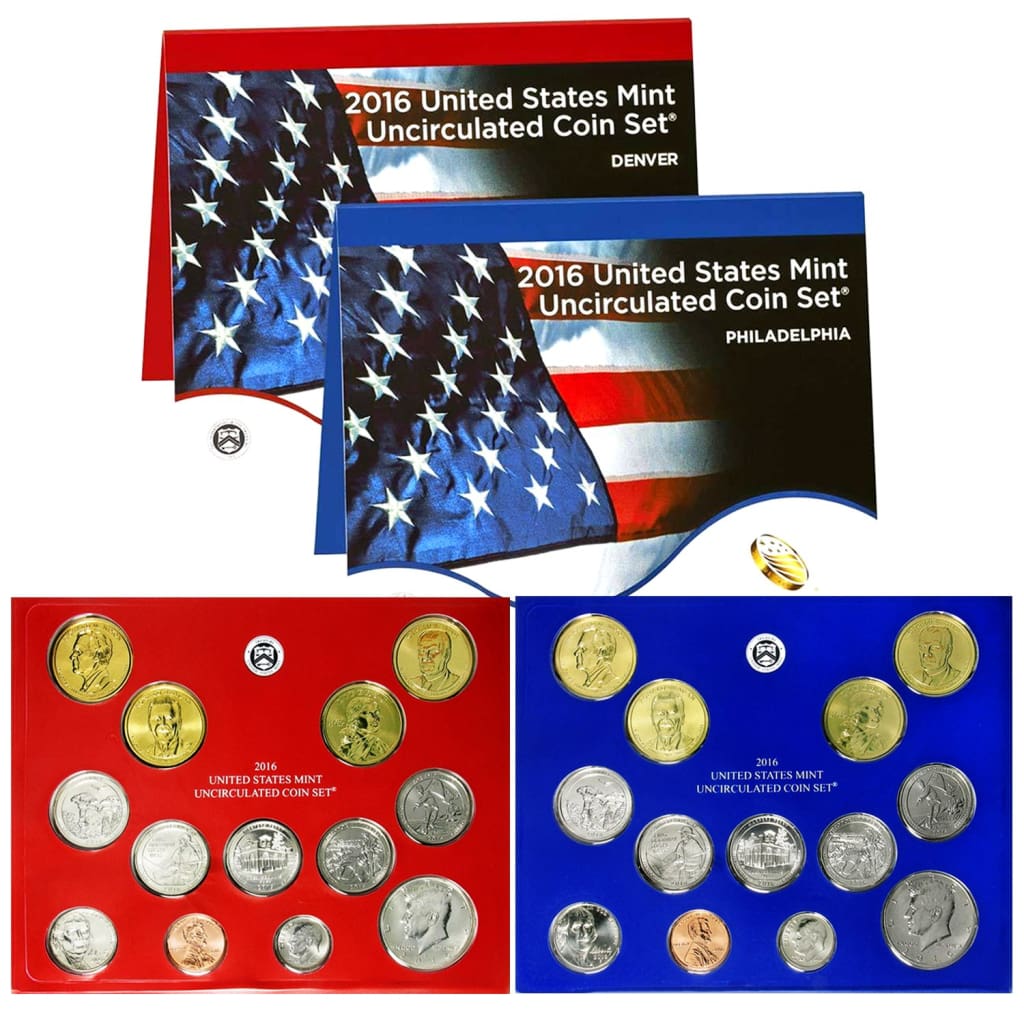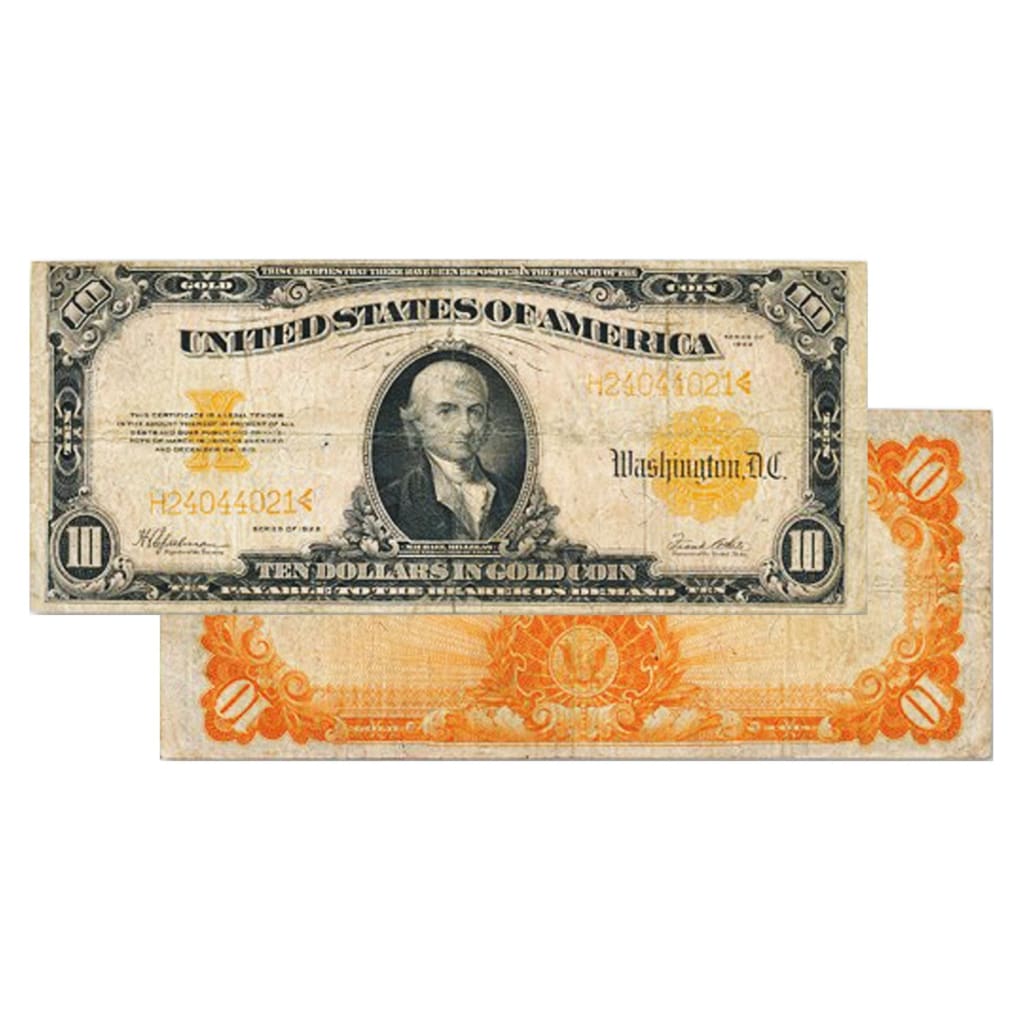Laws regarding altering or defacing coins and currency are on the books in nearly all countries. Their principal goal is to prevent fraudulent use of the money such as changing its face value or bullion weight. For example, it was once common practice for shady characters to scrape small amounts of gold off of bullion coins to keep and later sell.
The coin shaving practice was largely eliminated when mints began “reeding” the edges of coins with ridges so that shaving could be easily detected, but other nefarious practices continue, and defacing laws persist. In the U.S., those laws specify the violation must include “intent to defraud,” while other countries prohibit any use of their currency other than its intended purpose. For instance, Singapore takes special pride in the design of its money, so even using it in jewelry or other artistic forms might be looked down upon and subject its owner to fines if they were to have it with them while visiting there. Of course, their law only applies to their currency, so if the coin in question is from another country, you’re probably OK.
Intent to Defraud Currently Circulated U.S. Currency
In the U.S., it’s rare for anyone to be prosecuted for defacing money unless an intent to defraud can be shown. And U.S. law specifies that only coins and currency in current circulation come under the defacement provisions, so you’re free to do what you wish with discontinued cash—subject to other laws against illegal activities, of course.
U.S. Coins in Jewelry and Artistic Use
Coins are commonly seen in jewelry and don’t raise eyebrows in most places. Other artistic uses such as gluing or welding them to jewelry boxes or in collages are generally overlooked, too. There are even machines in places like amusement parks and fairgrounds that openly offer to alter coins as souvenirs.
Common Sense Coin Use
The bottom line is that in most countries, the U.S. included, you’re probably fine in using currency for otherwise legal practices. Gold and silver coins have been out of circulation here for decades and their value is in their bullion weight, not their face value. After all, who would sell a $20 gold coin for face value when it’s worth well over a thousand dollars at today’s prices?
As for defacing coins with high numismatic value, it simply doesn’t make sense since as soon as you alter it, the collectible value disappears. If you have collectible money, the best choice for displaying it is in an approved album, case or frame that preserves its condition. But what you do with your property is up to you. As long as it’s legal.
Collecting coins and paper money is an interesting and rewarding hobby. Do it right by learning about the ins and outs of the process. Here are some books we recommend to get you started.
Be sure to browse our selection of U.S. and foreign coins and banknotes. Our inventory is constantly changing, so check back often!





